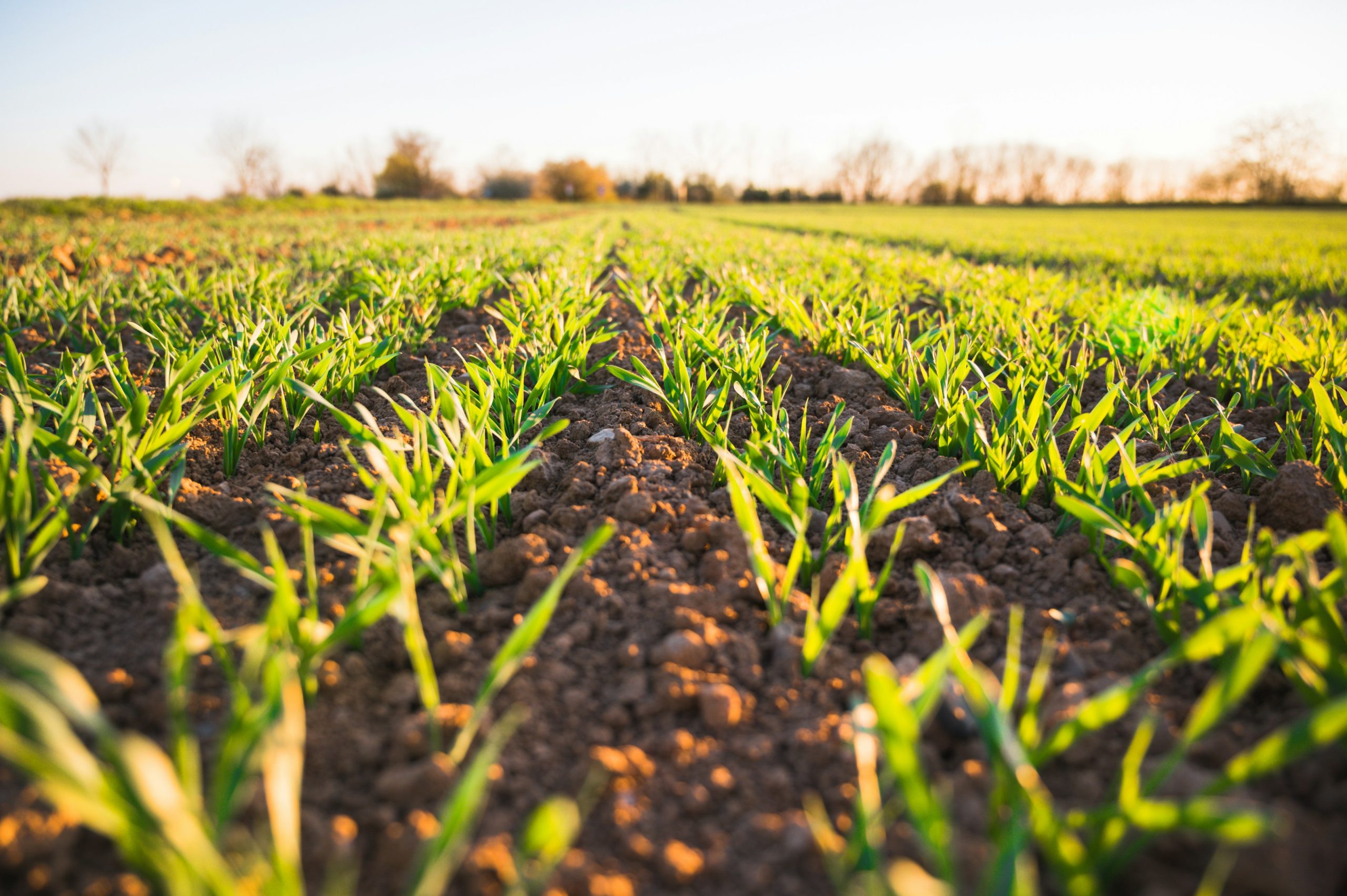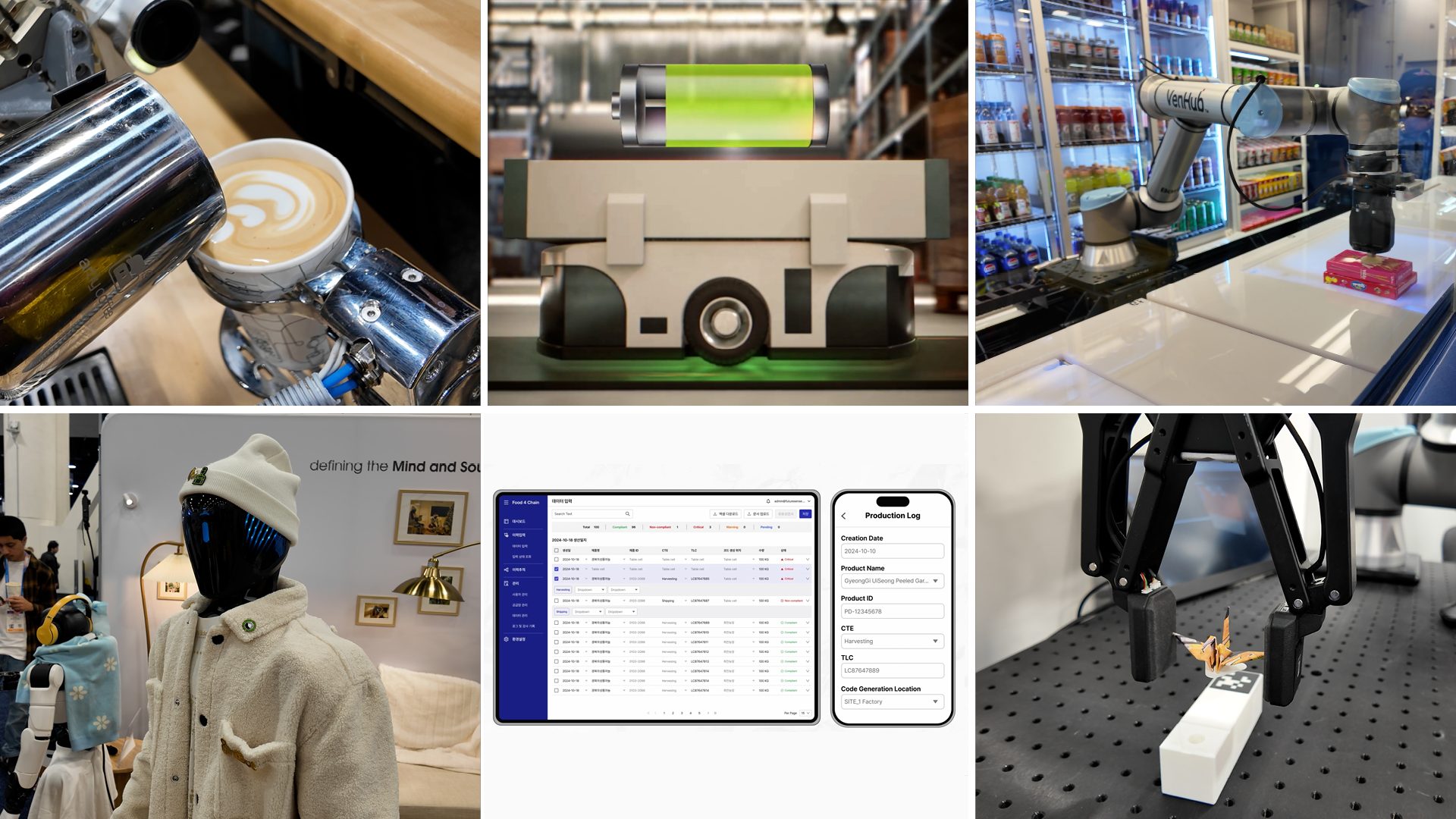NEW YORK CITY – PepsiCo and National Geographic recently partnered on a global initiative, Food For Tomorrow, to support regenerative agriculture practices on farms within the CPG giant’s network.
Regenerative agriculture is a powerful way to have a sustainable supply of crops that partner farmers can grow, Jim Andrew, chief sustainability officer of PepsiCo, said at a Regen House event last week.
“People think of PepsiCo as a large beverage company, and of course we are, but we’re an even larger food company,” he noted, highlighting how important myriad crops are to its CPG program across breakfast; snacks, functional, better-for-you, and indulgent beverages.
During the event, Andrew spoke with National Geographic Society chief science & innovation officer Ian Miller about the recent partnership, and the promise of regenerative agriculture to solve today’s farming problems.
“[Regenerative agriculture] is a set of practices that help farmers be more productive/successful, while also helping them make better use of resources of the natural environment,” Andrew explained.
The duo discussed how traditional modern farming practices, such as tilling and monoculture farming (planting the same plants season after season), can devastate land, ruin farmer livelihoods, and contribute to food insecurity. However, regenerative practices such as crop rotation and cover cropping, i.e. growing specific plants to protect and improve soil health between cash crop seasons, can reinvigorate the soil.
PepsiCo endeavors to spread the adoption of regenerative farming practices and principles to 10 million acres of farmland by 2030, and this partnership is a clear step to achieve the goal.
The Initiative’s Goal
Tenets of the Food For Tomorrow initiative include educational and scientific research components. On the education side, Pepsico and National Geographic will raise awareness about regenerative practices by funding work that spotlights farmers contributing to agricultural resilience. The program also focuses on providing scientific grants related to the subject and building a data visualization tool to showcase regenerative benefits.
“It’s the marriage of data with unbelievable storytelling that can [make the difference],” said Miller.
The world’s population is projected to hit 10 billion by 2050, said the companies citing UNESCO research, noting that the population strain and current farming practices can risk up to 90% of the planet’s soil health.
Climate change also contributes to global food insecurity, putting pressure on farmers and the system itself, said Pepsico CEO Ramon Laguarta in a statement.
Research and education through the initiative aims to target these food system vulnerabilities.
Answering the Global Call
Recently, Mars transitioned its European factories to run solely on renewable energy. This is a testament to the global call for sustainability and maximizing the use of the world’s scarce resources.
Marc Carena, regional president for Mars Wrigley, noted that sustainability makes good business sense in creating lasting benefits for future generations in a statement on the news.
Moreover, although the European Union Deforestation Regulation (EUDR) is pending delay at the time of writing, it represents an interest in holding companies accountable for their sustainability practices. EUDR is a law that requires manufacturers to prove that select ingredients used in imported to or exported from the region do not contribute to deforestation and forest degradation.
Food For Tomorrow contributes to many of the same solutions by working to incentivize scaled up tactics that protect the global food supply chain.
The Food Institute Podcast
How can a food industry trade show spark global culinary creativity? Anuga’s JP Hartmann, U.S. Consul General Preeti Shah, and World Food Championships’ Nikki Jackson share their perspectives on how the U.S. presence at Anuga 2025 is helping to bridge culinary experiences together.











